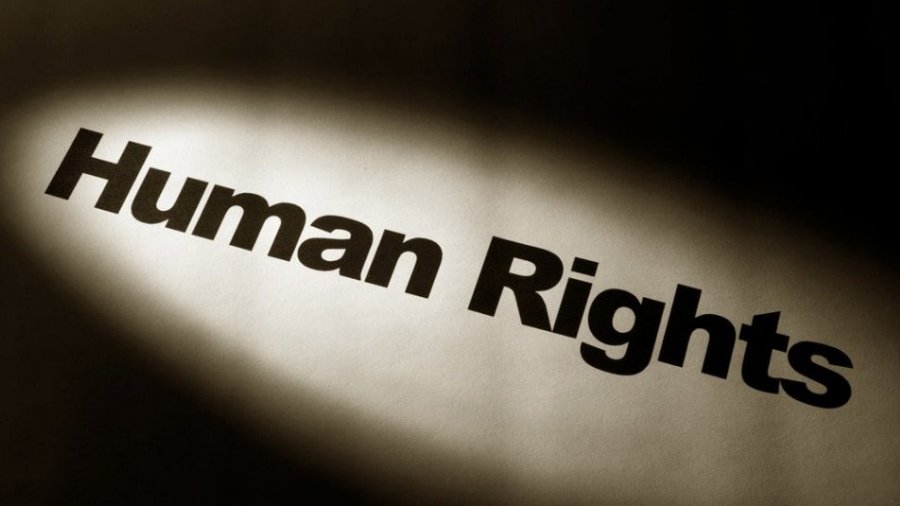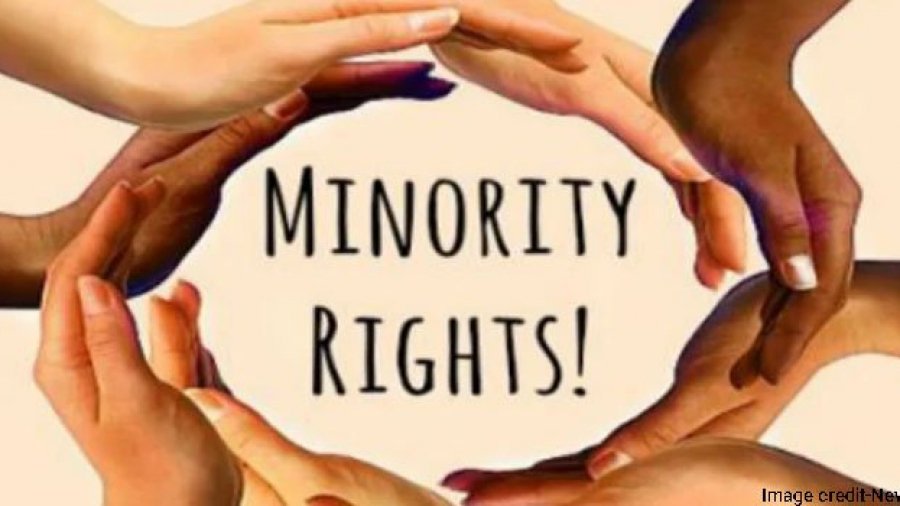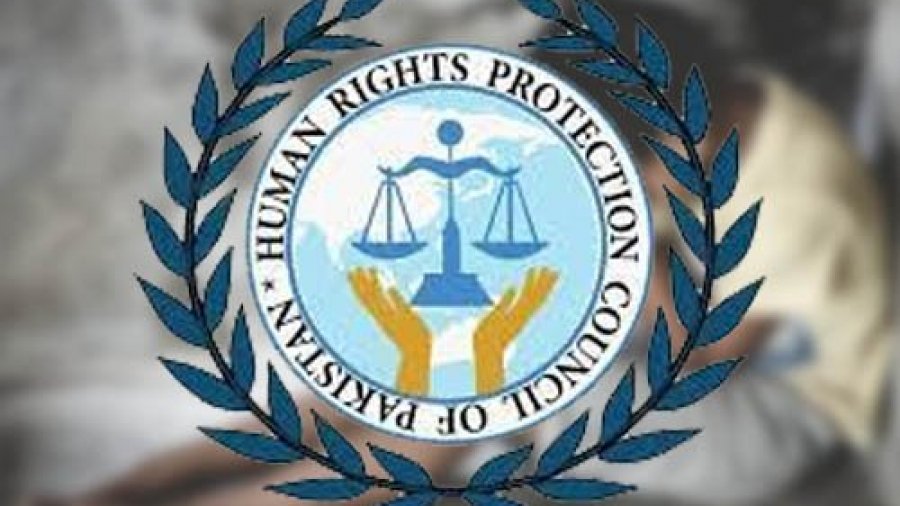Pakistan’s determination towards upholding Human Rights
By Qazi Jalal
Pakistan is firmly committed to safeguarding basic human rights.
Pakistan’s dedication to guaranteeing the fulfillment of these rights is demonstrated by the ratification of seven important international human rights treaties.
Despite the enormous obstacles that the country faces, there are several crucial indicators that point to a favourable trajectory for the state’s efforts to safeguard and promote human rights. On the legislative front, various legislations have been made during last 10 years that have significantly improved the rights of specific groups such as minorities, women, and children.
Such statutes reflect Pakistan’s legislative responsiveness to major human rights challenges. In addition to these recent enactments, there is a huge framework of laws at both the Federal and Provincial levels catering to the human rights. These rules deals with nearly every section of the Pakistani society. Nearly 400 of these laws have a direct influence on the rights enshrined internationally and in the Constitution while another about 800 federal and provincial laws deal with human rights at lower level.
Pakistan is steadfastly dedicated to upholding fundamental human rights and this commitment goes beyond the nation’s average residents, since the state also defends the rights of those who are imprisoned for serious offences.
According to the law, all inmates apprehended during security forces’ operations, are detained in proclaimed and notified Internment Centers, and the Provincial Government Oversight Boards evaluate their cases on a regular basis.
In addition to existing laws on rights of the imprisoned, the Government of Pakistan has recently introduced a bill to criminalize enforced disappearances, which will be sent to the Senate for final approval. The Torture, Custodial Death and Custodial Rape (Prevention and Punishment) Bill, 2021, passed by the National Assembly in August 2022 has also been passed by the Senate.
However, leveraging the subject of missing persons, opponents, disgruntled, and anti-state elements spread false information about the Armed Forces.
According to several committees and commissions appointed to investigate missing persons’ cases, found voluntary disappearances, personal animosities, and absconding as key factors contributing to this growing problem.
The alleged cases of missing persons are being handled expeditiously and efficiently by the Commission of Inquiry on Enforced Disappearances.
One such case came to fore in 2019 when apparently a Baloch ‘Missing’ person’s name was flashed by the banned Baloch terrorist outfit as one of the attackers involved in an attack on PC Gwadar, Balochistan.
A number of ethnic groups during protest camps declared Hamal Khan Marri missing since 2016 and this narrative was spread throughout the social media as well. He was addressed as a human rights activist, however, in May 2019, a group of terrorists attacked the PC hotel Gwadar which resulted in killing of four civilians staff of the hotel, a navy soldier was martyred, while six people ─ including two army captains, two navy soldiers, and two hotel employees were injured.
And the so-called human rights activist, missing person Hamal Khan Marri was one of the four attackers who were killed later in an operation by security forces.
A number of other such cases have been reported by the media which proves that the missing persons’ mantra is exaggerated at times by certain groups for own vested interests. Meanwhile the international and national bodies working on cases of missing persons, enforced disappearances have found most of these cases have been resolved by the state of Pakistan.
By January 2018, the Supreme Court missing persons commission said that a total of 4,608 cases were reported from 2011-Dec 2017. Of these, 2,306 cases traced while 411 cases did not qualify as enforced and about 359 reported cases lacked required information. A total 1,532 persons were missing during this period.
On the other hand out of 1444 cases reported by the UN Working Group on Enforced Involuntary Disappearances (UNWGEID) in Pakistan, 998 cases (70%) have been resolved which is much higher than the global average of 21.48% (recorded since 1980). Of all the cases reported to the Commission, 1818 pertained to Balochistan, out of which 1461 cases have been resolved.
If we compare the proportion of incidents of disappearance, or more specifically, cases involving missing persons, reported to international organisations and those reported by internal commissions in Pakistan, we find that they are nearly identical. The UNWGEID and the Pakistani commission on these disappearances both reported the same ratio of cases resolved.
The very fact demonstrates the transparency with which the state of Pakistan is dealing with human rights violations, particularly in the instance of missing persons.




